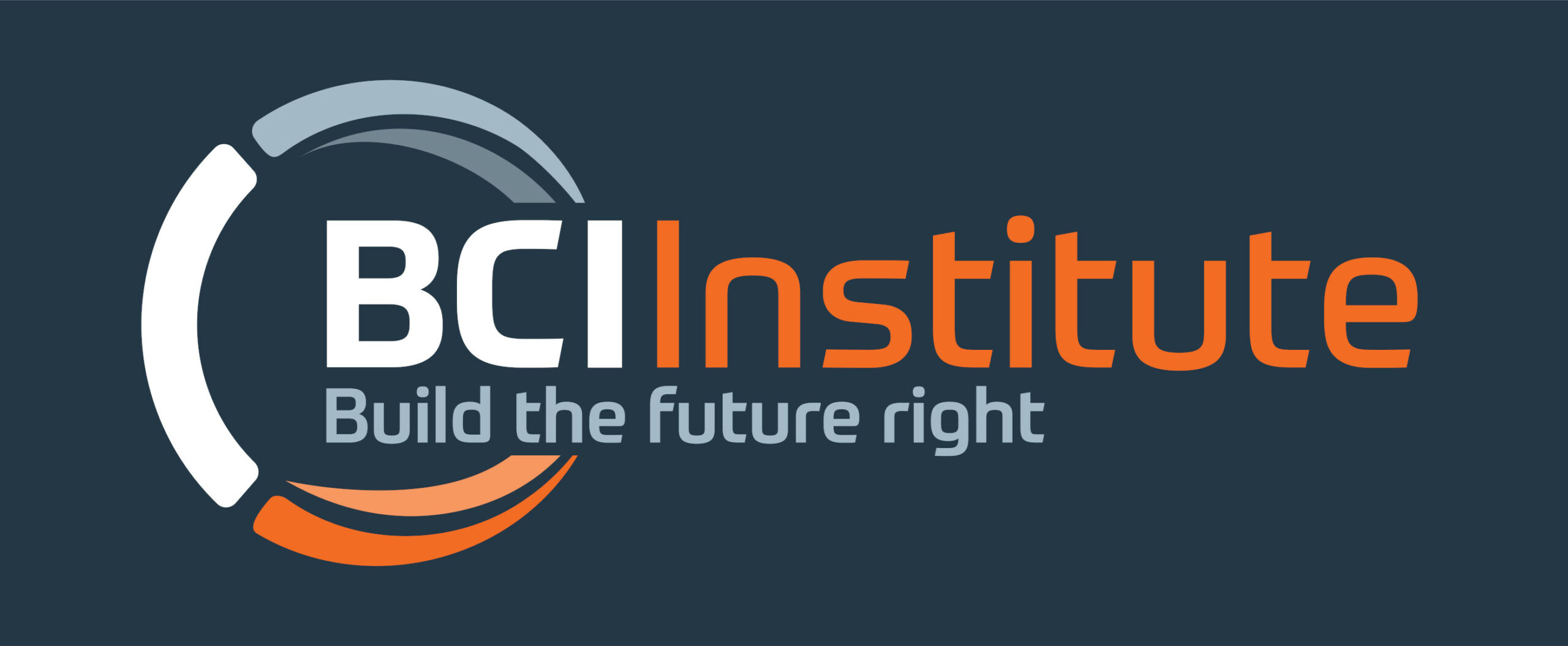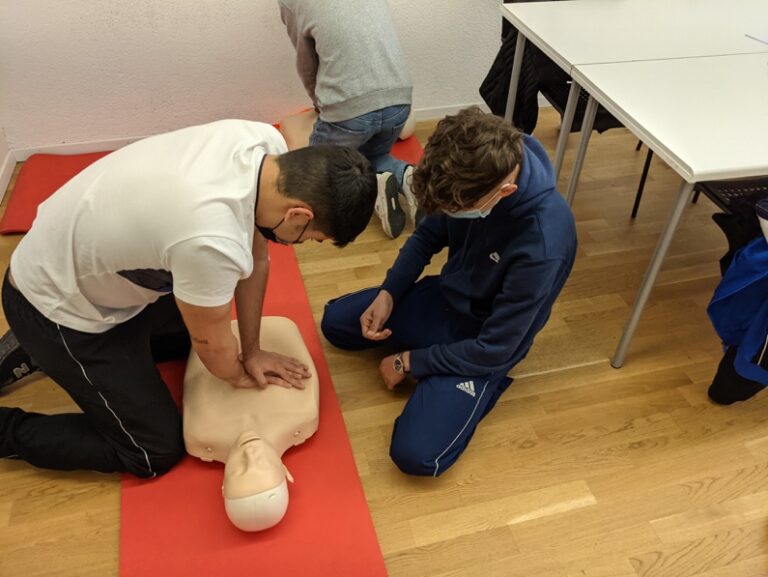The Difference Between Certificates, Diplomas and Degrees
Whether you’re fresh out of high school or are looking to change careers, receiving a qualification can be extremely advantageous. But with so many different types of qualifications, it can be hard to figure out which one best suits your career.
At BCI Institute, we offer a number of different qualifications – everything from hospitality to security training courses, so we know a thing or two about the different types of qualifications you can have. In today’s blog, we’re going to examine the difference between certificates, diplomas and degrees.
What is the Australian Qualifications Framework (AQF)?
Before we jump in and differentiate the various qualifications that are out there, it’s important that we explain the Australian Qualifications Framework (AQF). The AQF is a policy that regulates qualifications in Australia, which includes higher education, vocational education and training (VET), and schools.
The AFQ’s purpose is to help differentiate qualifications based on key criteria, such as what the qualification will let someone do as well as the level of skill someone will get from that qualification.
This system is divided into ten levels, but these levels can be grouped into certificates, diplomas and degrees.
Certificates
The first four levels of the AQF are certificates – specifically, Certificate I, II, II and IV. Certificates are great for learning practical knowledge that you can apply into various jobs. They often cover the foundational skills required to excel in your industry of choice.
Opting for a certificate can be a great pathway to follow if you’re wanting to learn skills you can apply in a job straight away. Certificates give you the opportunity to learn the basics, and continue your learning when you’ve entered the workforce. If you have no prior experience in your dream industry, then upskilling with a certificate equips you with the essential knowledge you need to thrive.
Diplomas
Next up, are levels five and six – diplomas and advanced diplomas or associate degrees. One of the key differences between a certificate and diploma, is that the latter can lead to more complex work and teaches you how to conduct more formal analysis. Diplomas allow students to learn a lot of the theory that informs the practical knowledge, which they would then apply in their work.
A diploma is a fantastic way to expand the knowledge you might’ve accumulated elsewhere, such as with a certificate or a degree. It can help you gain a deeper understanding of various skills and pieces of knowledge that can help you advance in your current workplace or switch fields.
Graduate certificates and diplomas
Before we dive into degrees, we’re going to quickly touch on two qualifications that are part of level eight – graduate certificates and diplomas. These qualifications are often for people who have a degree’s worth of experience, or have a lot of existing knowledge and skill and wish to challenge themselves to go further. This level of qualification can help students specialise in certain areas of their industry.
Degrees
Levels seven through to ten are varying levels of degrees – bachelors, bachelor honours, masters, and doctoral. Degrees are a fantastic pathway for those who want to focus on deepening their knowledge in their field of choice, with the goal of becoming an industry expert.
This type of qualification allows students to understand the nuances of how things within their field work the way they do. Depending on the field, there is often a lot of theory to cover to gain that further knowledge. This theory is typically balanced out with some practical work, but it all comes down to the field you want to study.
BCI Institute
At BCI Institute, we pride ourselves on helping people find the best qualification that suits their needs. We have a vast array of courses across numerous industries you can do to help grow your knowledge and secure your dream job with confidence. Explore our course today, or get in touch with our friendly team and we can help you out.
Image source:https://unsplash.com/photos/BcEmfG0xKrc






